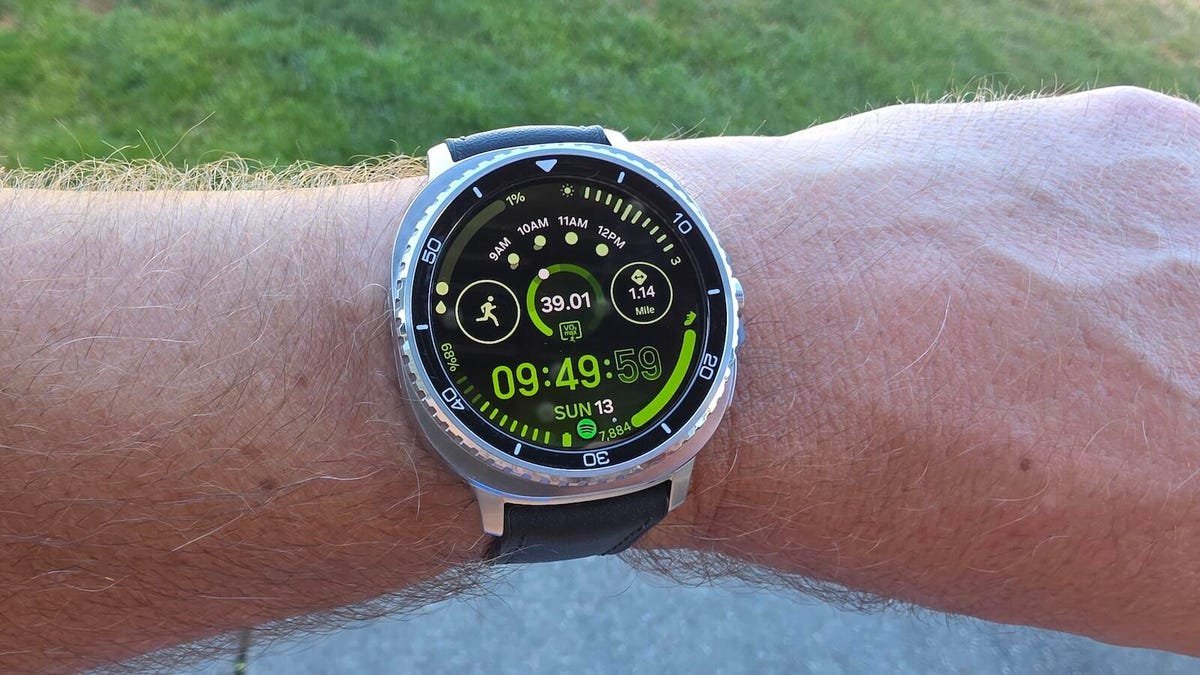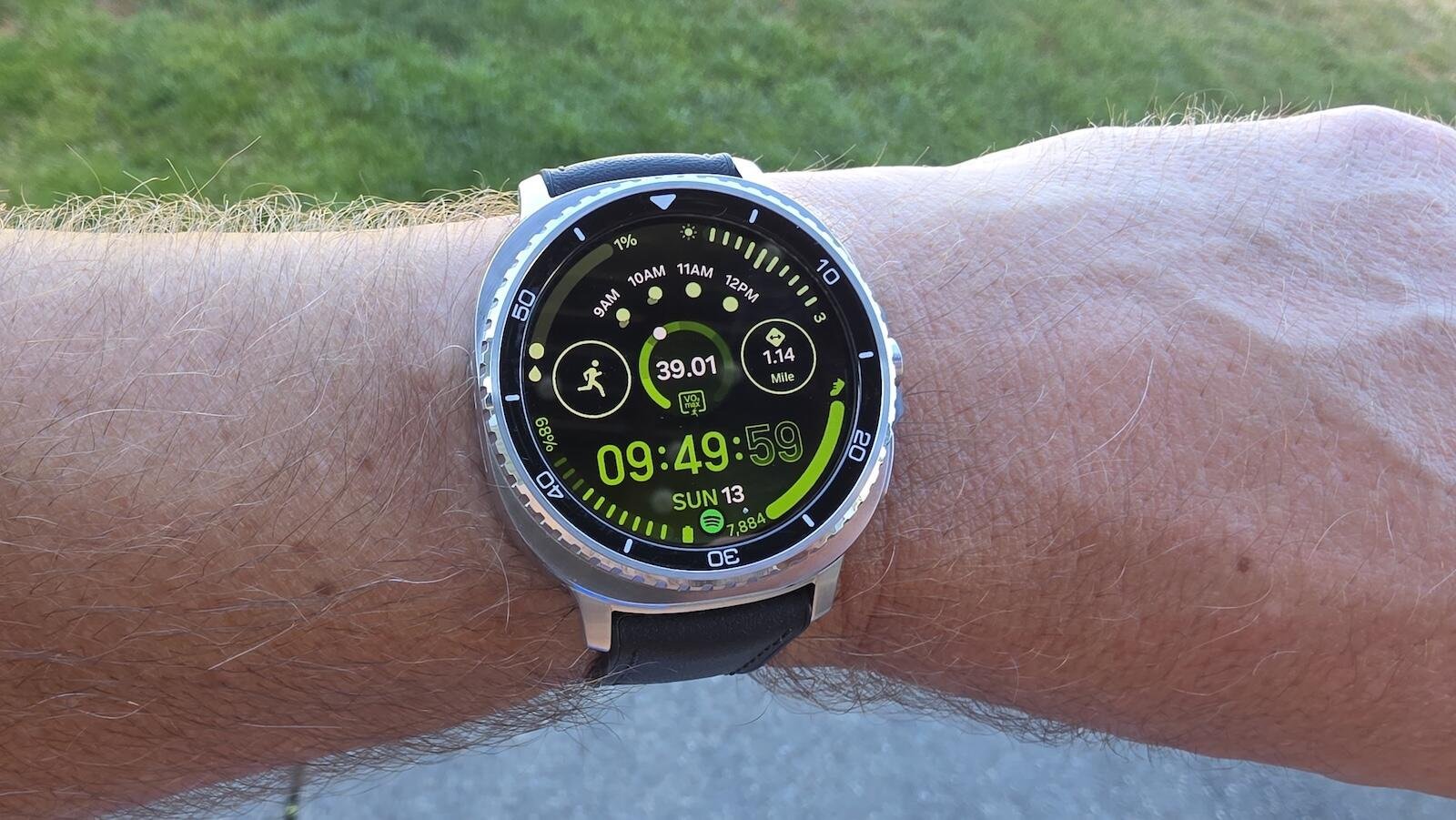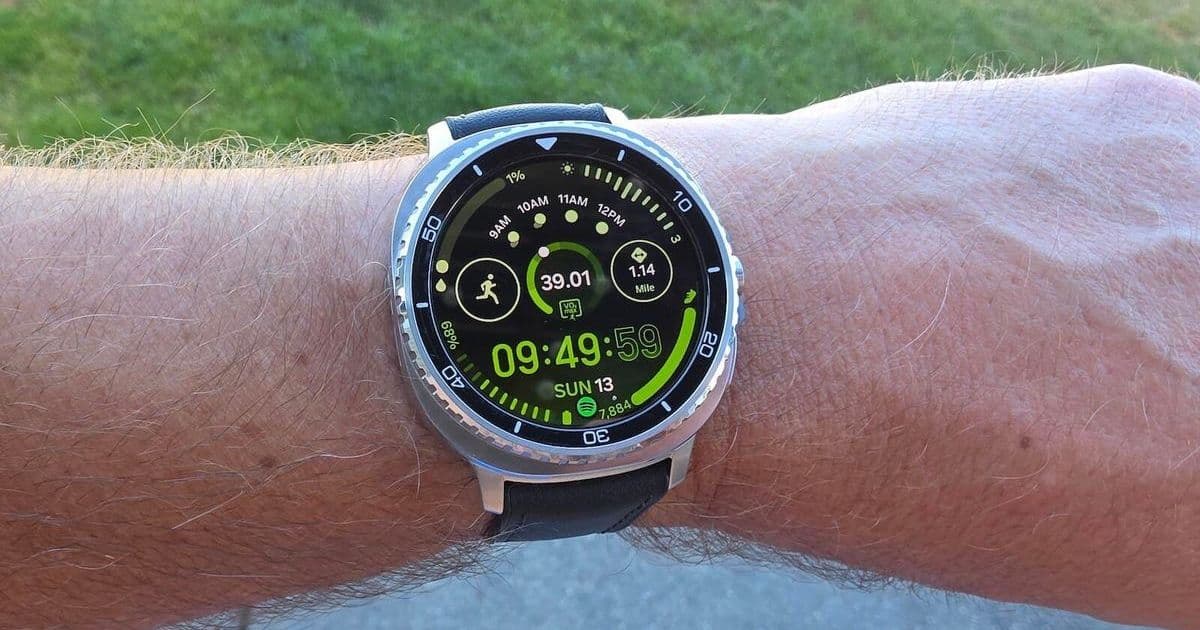Samsung's Galaxy Watch 8 Classic merges nostalgic hardware with cutting-edge AI health coaching, offering free advanced running analytics that outperform Google's paid model. With antioxidant tracking, sleep apnea detection, and a refined rotating bezel, it challenges Garmin and Google in the premium wearables space despite a controversial band design.
When Retro Design Meets AI Health Innovation: Inside Samsung's Galaxy Watch 8 Classic

In an era where touchscreens dominate wearables, Samsung's Galaxy Watch 8 Classic boldly revives its signature physical rotating bezel—a tactile interface that delivers unrivaled navigation precision. But this isn't mere nostalgia: Paired with Google Gemini and Samsung's Galaxy AI, the $449-$499 watch introduces health-tracking capabilities that could reshape athlete training regimens and wellness routines. The cushion-shaped titanium casing houses sensors measuring everything from vascular load to antioxidant levels, positioning it as a pocket-sized health lab.
The Running Coach That Outpaces Competitors
Where Samsung truly disrupts the market is with its free Running Coach—a feature Google locks behind a subscription. "After a week of testing, it's now my favorite watch to run with," reports ZDNET's Matthew Miller. The system begins with a 12-minute running test to establish your baseline fitness level (rated 1-10), then generates personalized workouts spanning intervals, fartleks, and pace runs. Compliance scores determine progression, creating a gamified training ecosystem that adapts to your capabilities.
 The Galaxy Watch 8 Classic's antioxidant measurement requires thumb contact with sensors—a glimpse into Samsung's health-focused future.
The Galaxy Watch 8 Classic's antioxidant measurement requires thumb contact with sensors—a glimpse into Samsung's health-focused future.
Beyond Fitness: Holistic Health Architecture
The Watch 8 Classic's innovations extend beyond athletics:
- Sleep Coaching: A three-week program classifies sleep patterns (like "penguin sleeper") and provides actionable improvement plans
- Medical-Grade Sensors: Sleep apnea detection and ECG monitoring meet FDA standards
- Antioxidant Index: Low readings trigger dietary suggestions (e.g., "eat 10 blueberries"), with promises of hyper-personalized guidance as the AI learns user habits
- Body Composition: Instant metrics like muscle mass and body fat percentage via bioelectrical impedance
Hardware Tradeoffs and Quirks
Not every design choice hits the mark. The 1.34-inch display shrinks from previous models, a puzzling downgrade for data-rich health interfaces. The new dynamic lug system—intended to improve sensor contact—proves frustratingly difficult to use. "I hate it," Miller admits, noting bands require excessive force to secure. Yet the rotating bezel remains buttery smooth, and the Quick Button (borrowed from the Watch Ultra) adds tactical control layers.
The Verdict: Who Should Buy?
For developers and tech leaders, the Watch 8 Classic demonstrates how on-device AI transforms wearables into proactive health advisors. Unlike algorithm-driven competitors, Samsung delivers concrete coaching frameworks—especially for runners seeking structured training without subscriptions. While the band mechanism and price may deter casual users, it represents a compelling alternative to Garmin's athlete-focused ecosystem and Google's fragmented Wear OS landscape. As Miller concludes: "If you live for health metrics, it's tough to beat."
Source: ZDNET, Matthew Miller

Comments
Please log in or register to join the discussion